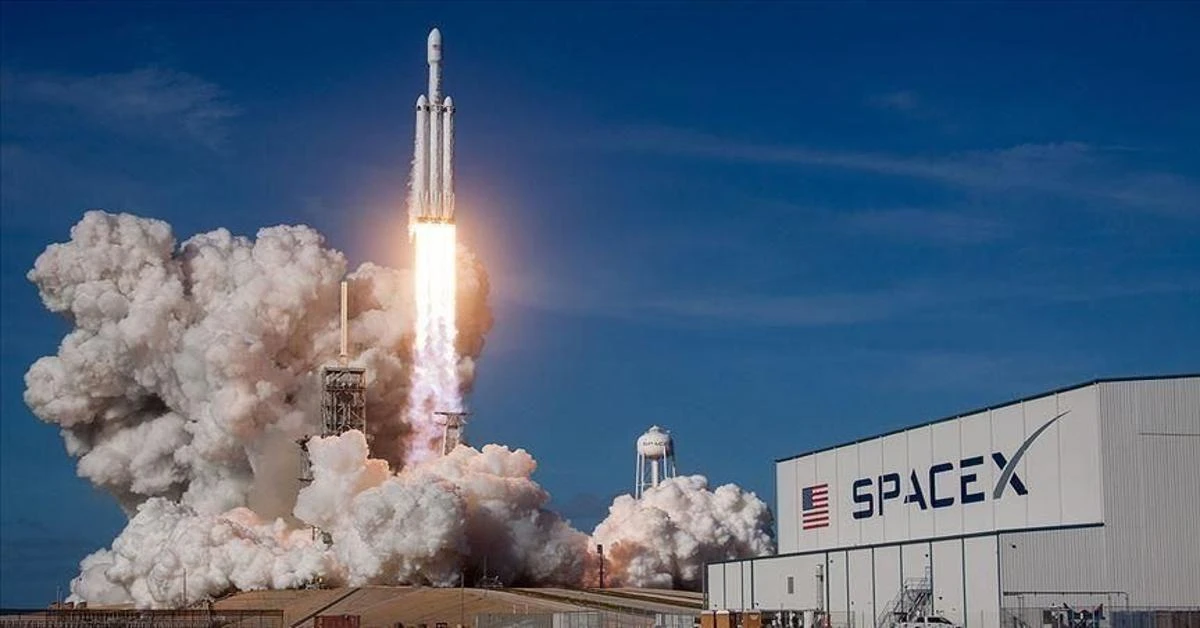SpaceX achieves another milestone, launches 22 more Starlink satellites into orbit

The aerospace company shares a video of the Falcon 9 rocket’s launch to its official X account, captioned ‘Liftoff!’
SpaceX successfully launched 22 more Starlink internet satellites into orbit, marking another milestone in the American aerospace company’s history.
SpaceX shared a video of the Falcon 9 rocket’s launch to its official X account, captioned “Liftoff!”
At precisely 7:28 p.m. (0228GMT), the workhorse Falcon 9 rocket launched from Space Launch Complex 4 East at Vandenberg Space Force Base in California.
This launch was significant because it was SpaceX’s 10th flight with its first-stage booster, the firm said on its website, demonstrating its commitment to reusable space exploration technology.
After completing its mission, the booster made a smooth homecoming to Earth, landing on the “Of Course I Still Love You” drone ship stationed in the vast expanse of the Pacific Ocean.
With this launch, the constellation of Starlink satellites continues to expand, aiming to revolutionize global connectivity through high-speed, low-latency internet coverage.
This veteran booster has a track record of hauling payloads. It previously supported U.S. Space Development Agency missions and several Starlink launches.
Notably, this operation marked SpaceX’s 26th mission of the year, further solidifying its position as a leader in the space industry.
Last Friday, SpaceX successfully deployed 23 satellites, demonstrating the company’s remarkable capability.
The Starlink project, which includes over 5,000 satellites, is a bold attempt to bridge the digital divide and provide internet access to underserved communities worldwide.
Among these accomplishments, SpaceX’s Starship stands out as the pinnacle of engineering excellence, claiming the prestigious title of the world’s largest and most powerful space rocket.
As SpaceX continues to push the boundaries of space exploration, each launch is a testament to human ingenuity and the relentless pursuit of progress in the cosmos.
Source: AA



